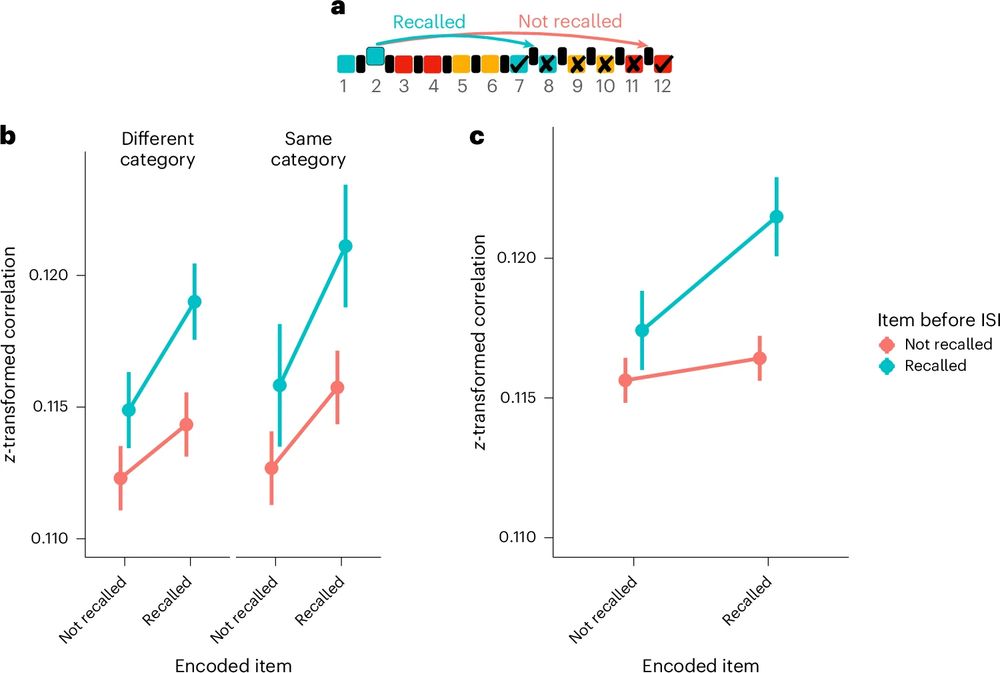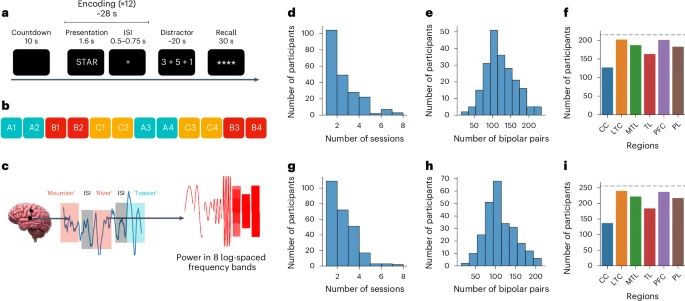David Halpern
@davidhalpern.bsky.social
110 followers
240 following
14 posts
psychology postdoc at Columbia
Posts
Media
Videos
Starter Packs
Reposted by David Halpern
Qihong (Q) Lu
@qlu.bsky.social
· May 8
David Halpern
@davidhalpern.bsky.social
· Apr 16
David Halpern
@davidhalpern.bsky.social
· Mar 20
David Halpern
@davidhalpern.bsky.social
· Mar 20
David Halpern
@davidhalpern.bsky.social
· Mar 17
David Halpern
@davidhalpern.bsky.social
· Mar 17

Memory consolidation accelerates - Nature Neuroscience
A new study challenges the classic view of memory consolidation as a delayed, offline process by showing that neural reactivation, which is crucial for memory consolidation, occurs rapidly during awak...
www.nature.com
David Halpern
@davidhalpern.bsky.social
· Mar 17
David Halpern
@davidhalpern.bsky.social
· Mar 17
David Halpern
@davidhalpern.bsky.social
· Mar 17
David Halpern
@davidhalpern.bsky.social
· Mar 17
David Halpern
@davidhalpern.bsky.social
· Mar 17
Nature Neuroscience
@natneuro.nature.com
· Mar 14

Study-phase reinstatement predicts subsequent recall - Nature Neuroscience
How can the brain improve memory for an experience after it has occurred? Halpern et al. use intracranial EEG to show that, even while processing current experiences, people reactivate old ones and re...
www.nature.com

